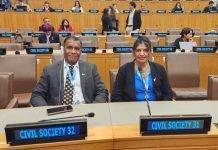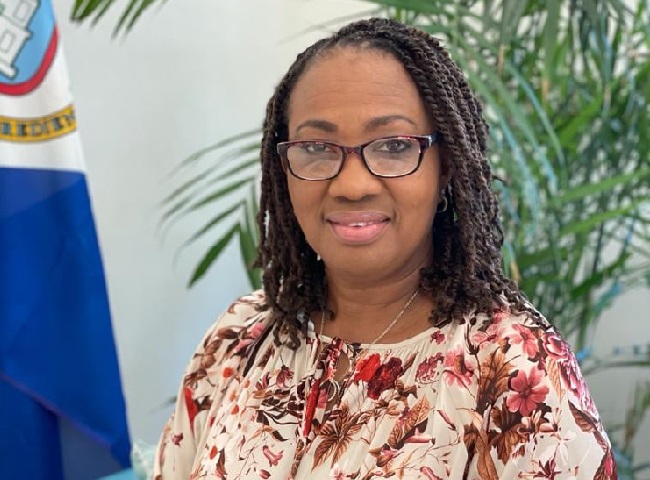The Netherlands, Aruba, Curaçao and Sint Maarten have reached an agreement on bringing the bill for the Kingdom Act on the Caribbean Body for Reform and Development (COHO) into procedure. In recent months, the parties have had various rounds of discussions about the recommendations of the Council of State and the Caribbean Advisory Councils. These discussions took place in a positive atmosphere and were constructive. In the end, consensus was reached.
State Secretary Raymond Knops: ‘Over the past few months, the countries within our Kingdom have held in-depth discussions and negotiated strongly. I am pleased that we have now reached agreement about the draft bill, which will help to improve the financial and economic resilience of Aruba, Curaçao and Sint Maarten. It will serve as a foundation for the long-term partnership we have agreed with one another.’
Prime Minister Jacobs of Sint Maarten, Silveria Jacobs: ‘The government of Sint Maarten is pleased that the much-needed changes have been made to the proposed Kingdom Act. Over the past four months, there has been a lot of discussion and collaboration to get to this point. Sint Maarten is therefore looking forward to further strengthening the relationship between all kingdom partners in the best interest of our people.’
Prime Minister of Aruba, Evelyn Wever-Croes: ‘The past period was a difficult and instructive period. As a country, we have sat down at the negotiating table with full conviction to create the best result for our residents. Our institutes have been decisive in this. There is now a bill in which we as countries within the Kingdom can demonstrate that mutual respect, cooperation and durability are the building blocks of our Kingdom.’
Prime Minister of Curaçao, Gilmar Pisas: ‘I would like to express my thanks to the official teams, who, on the basis of the advice of the Council of State and the Advisory Councils, have adapted the proposal for the Kingdom Act in such a way that the proposal does justice to our autonomy, and better financial and social perspectives to the community. The people are our top priority. We will have the amended bill reviewed again by our Advisory Council and later the parliament will also consider the content. With the continuation of the reforms and the reversal of the shrinking economy, we expect the effects to be visible in the community soon.’
The agreements
Following the advice of the Council of State of the Kingdom and the Advisory Councils and the discussions between the parties, a number of changes have been made to the bill.
Authority COHO
The bill gives individual countries a greater say in the reforms. For example, they are now responsible for drawing up and adopting the action plans. COHO will restrict itself to supporting and supervising the reforms. The countries will also play a role when compiling operational policy for the COHO.
Role of the Ministry BZK
The role of the Ministry of the Interior and Kingdom Relations focuses on the implementation agenda drawn up by COHO together with the countries. The Ministry of the Interior and Kingdom Relations can give instructions to COHO if there are indications that the implementation agenda is going beyond the boundaries of the national package. This authority will be treated with restraint.
Financial supervision and loans
In the amended bill, the tightened financial supervision will be replaced by a budget test that is carried out by the Financial Supervision Board (Aruba). The Municipal Executive will check whether the concrete activities in the implementation agenda have been translated into the budget in a responsible manner. In addition, it is tested whether elements are included in the budget that cross the national package. COHO does not monitor this, the financial supervisors do this by extending the existing budgetary supervision.
Appointment of directors
When it comes to compiling and appointing the COHO board, a compromise has been reached which is to the satisfaction of all countries. Of the three board members, at least two – including the chairman – must have demonstrable affinity with the Kingdom’s Caribbean countries. Besides appointment criteria, agreement was also reached about the appointment procedure, with countries deciding to form an appointment advisory committee.
The process
The bill on which the parties have reached agreement will be discussed in the Kingdom Council of Ministers on the 3rd of September. After approval by the Kingdom Council of Ministers, the proposal can be submitted to the House of Representatives and the parliaments of Aruba, Curaçao and Sint Maarten. The bill will then be made public.




























